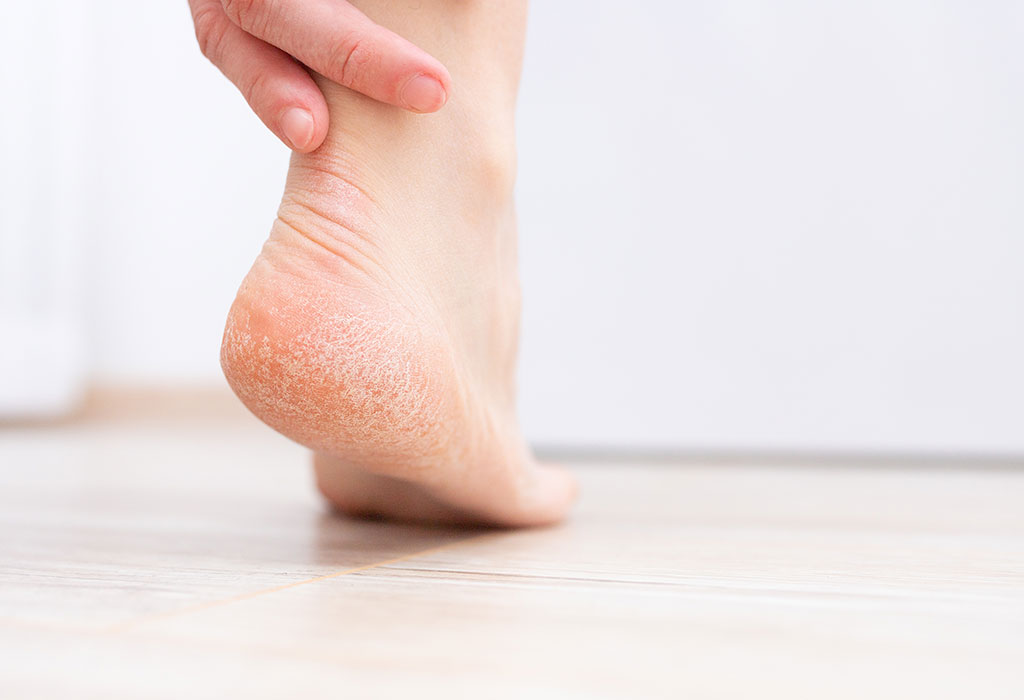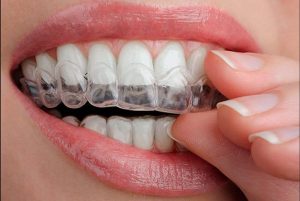Cracked heels are a common foot issue all around the globe. It is a condition that may happen to both adults and children, and it appears to impact women more than males.
Cracked heels aren’t that big of a deal for most individuals. However, going barefoot may cause pain. Cracks in the heels can grow exceedingly deep and painful in rare circumstances. Continue reading to discover the best home remedies for treating and preventing cracked heels.
Home Treatments for Cracked Heels
- Foot balms or heavy moisturisers
A heel balm is the first line of defence against cracked heels. Ingredients in these balms hydrate, soften, and exfoliate dead skin. These heel balms are available over the counter at a pharmacy store or online.
- Exfoliate and soak your feet
The skin surrounding broken heels is frequently drier and thicker than the rest of your skin. When you put pressure on this skin, it splits. This can be helped by soaking and hydrating your feet. When your feet are dry, don’t scrub them, as it raises your chances of having damaged skin.
- Additional natural remedies
There are several different home cures for cracked heels, but none have been shown to treat cracked heels specifically. The majority of the components are aimed at hydrating and softening the skin.
These are some examples:
- vinegar for a feet soak
- olive or vegetable oil for moisturising
- shea butter for moisturising
- mashed bananas for moisturising
- paraffin wax for sealing moisture
- oatmeal combined with oil for exfoliating
How to Prevent Cracked Heels
The type of footwear you use is important. If you have cracked heels, look for shoes that fit properly and support your heels. Wear shoes with a solid, broad heel that supports and cushions your heels whenever feasible.
Avoid doing the following:
- Flip-flops and sandals, which can cause your feet to dry out.
- Open-back shoes, which typically do not provide adequate support for your heels.
- Shoes with a tall, skinny heel, which can cause your heel to expand laterally.
- Shoes that are too tight.
Other ways to prevent cracked heels include:
- Avoid standing in one posture or sitting with your legs crossed for an extended period.
- Use thick foot lotion at night and cover your feet with socks.
- Examine your feet regularly, particularly if you have diabetes or another illness that produces dry skin.
- Wear orthotics (custom shoe inserts) to cushion your heel and equal your weight distribution.
- Wear high-quality or clinically proven cushioned socks.
- Wear silicon heel cups to keep the heel wet and prevent the heel pad from growing.
- Stay hydrated by drinking plenty of water.
- Use a pumice stone after showering several times each week.
- If you have diabetes or neuropathy, you should avoid removing calluses yourself. Inadvertently creating a wound increases your chance of infection.
Takeaway
Cracked heels aren’t always a reason for concern. Over-the-counter or home medicines may be helpful to alleviate the issue. However, if you have severely cracked heels or an underlying medical condition such as diabetes, consult a doctor. It is critical to visit a doctor to avoid possibly dangerous problems.
Although your skin may improve following the initial treatment, the fissures may take many days or weeks to heal. Wear shoes that fit properly and practise good foot care throughout and after this period to help avoid new heel cracks.






